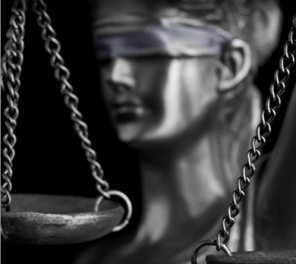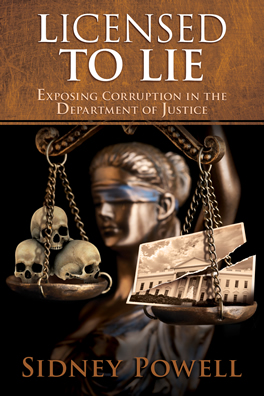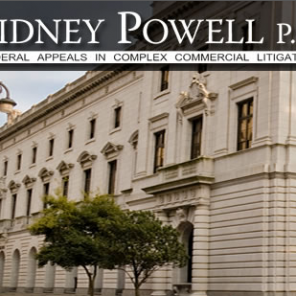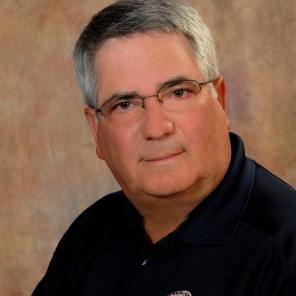Texas Bar Needs to Clean House & Fast
 This is from an article written last year, but it is worthy of revisiting now to see what, if any, progress has been made. All that is readily determinable is that Ken Anderson, the prosecutor responsible for the the wrongful conviction of Michael Morton has been arrested for minor offenses related to that outrage. That is a start, but unbelievably,he is still a sitting judge and member of the Bar of the State of Texas!
This is from an article written last year, but it is worthy of revisiting now to see what, if any, progress has been made. All that is readily determinable is that Ken Anderson, the prosecutor responsible for the the wrongful conviction of Michael Morton has been arrested for minor offenses related to that outrage. That is a start, but unbelievably,he is still a sitting judge and member of the Bar of the State of Texas!
“According to the Texas Supreme Court’s rules on the removal of judges, Anderson will be able to continue in office.The State Commission on Judicial Conduct can suspend a judge only after a felony indictment from a grand jury or if there is a misdemeanor charge involving official misconduct, the rules say.”
Has the Texas State Bar done anything with respect to the many other prosecutors responsible for hiding the evidence discussed in this article from the Texas Tribune by Brandi Grissom?
What follows is a short excerpt from the article:
Courts Found DA Error in Nearly 25% of Reversed Cases
In Texas, as in most other states, prosecutors are generally bound by the same ethical rules and criminal laws as private lawyers. But the Texas Disciplinary Rules of Professional Conduct set out additional requirements for lawyers for the state.
“A prosecutor has the responsibility to see that justice is done, and not simply to be an advocate,” the rules state.
Among those is an expansion of the so-called Brady Rule, named for the 1963 U.S. Supreme Court decision that requires prosecutors to provide defendants with exculpatory evidence — information that could help prove their innocence.
In 17 of the 21 Texas cases where courts found prosecutorial error, the judges ruled that prosecutors failed to give defense lawyers exculpatory evidence. * * *
More than half of the overturned convictions in which courts found prosecutorial error were murder cases, 13 in total. And in six of those cases, the defendant was freed from death row. Among the cases with findings of error, the shortest sentence any defendant received was 20 years. * * *
Notwithstanding conduct by the prosecutors that caused the imprisonment of innocent men and untold consequences for their families, the prosecutors remain unscathed. This cannot be tolerated in a society that expects its system of justice to survive. Members of the Bar must step forward to hold these lawyers accountable for their own crimes or negligence at best.
Despite the decades that innocent men and women have lost behind bars, none of the prosecutors involved were publicly disciplined.
“We have a good set of disciplinary rules on paper,” said Robert Schuwerk, a professor at the University of Houston Law Center who served on the committee that wrote the Texas Disciplinary Rule of Professional Conduct. “The question is, is anybody going to enforce them?”
That IS the question: WHAT IS IT GOING TO TAKE TO ENFORCE THEM?











Comments are closed.